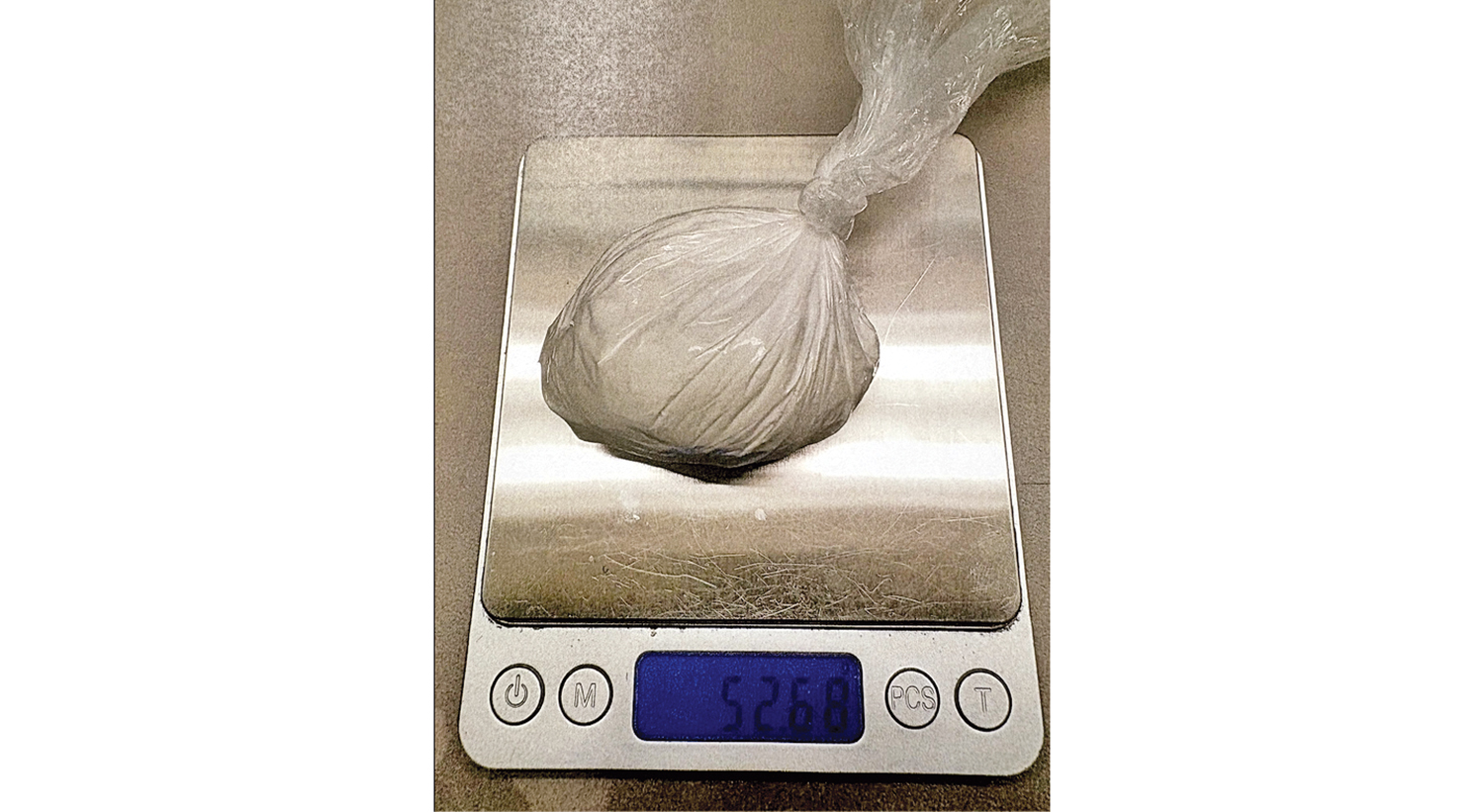Fate of Ironton’s finances to be decided Tuesday
Published 12:00 am Monday, November 5, 2001
Ironton voters will go to the polls Tuesday and decide whether or not they will pass a proposed three-year, 0.
Monday, November 05, 2001
Ironton voters will go to the polls Tuesday and decide whether or not they will pass a proposed three-year, 0.45-percent increase in the municipal income tax.
City officials have been busy over the last several weeks holding town meetings in an effort to spread the message on why the city needs the temporary income tax increase in order to fund the current level of service to city residents. The city has held four meetings, plus three radio shows and has broadcasted the last town meeting held at Ohio University Southern Campus. Mayor Bob Cleary said city officials have been tracking the financial situation for about a year and a half, and over the last six months the city has met regularly to discuss what efforts were needed to pull the city out of its financial slump.
If the measure passes, the additional money generated by the fee, about $800,000, will go to shore up the city’s general fund and give the city a three-year time period to generate more industry and, as council chairman Jim Tordiff told audiences at the meetings, to get "on its feet" financially.
The general fund has taken a hit over the last few years, Cleary explained at the meetings. Since 1999, Cleary told audience members, the city has lost six major businesses that employed a substantial amount of people.
1999 was the bleakest year in the city’s financial history. In that year, Cabletron, Allied Signal and Ashland Oil left the city.
In 2000, Matlack and Ironton Iron pulled out of Ironton and this year, River Valley Health System shut its doors. With less major businesses in the city, there are less employees paying 1 percent of their paycheck into the city’s coffers.
There is also a trickle-down effect that isn’t so easy to calculate. Businesses rely on businesses to make money. Local restaurants, gas stations, car dealerships, auto parts stores, and other retail businesses sells their goods or services to people in the community. When people suddenly become unemployed due to business closings, then they stop spending money in local businesses which begins to take measures against the brunt of losing customers. This normally equals layoffs or reducing the hours employees work.
The general fund is used to pay for departments that provide a service and that doesn’t levy a fee for such services. The general fund is the account which funds the city’s primary duty: provide services to citizens.
This fund does not rely on sales to generate money. Instead, tax dollars provide the money needed to keep the coffers full in the general fund.
The city’s municipal income tax provides the most money to the general fund – about 39 percent.
Other tax items also provide money to the general fund. Personal and general property taxes, rollback and homestead taxes provide money to the city after these monies are certified by the county auditor’s office. These taxes cannot be increased or decreased without seeking approval from the county.
Earlier this year, council levied a temporary municipal fee to provide an emergency block of money for the city. The municipal tax will raise about $108,000 for the 2001 fiscal year. This fee is temporary, though. It terminates on March 31, 2002 if the municipal tax increase doesn’t fly. If the measure does pass, the fee terminates at the end of this year.
The city also receives money from estate and inheritance tax but that financial well is drying out. Starting this year, the government signed legislation that will stop taxes from being assessed on estates less than $200,000 in probate assets. In 2002, the ante will be upped to $400,000 and, eventually, the inheritance tax will be phased out of existence.
Salaries and benefits are the main debts encumbered by the general fund. This account houses the payroll line items for the city’s service departments and for the flood fund, recreation fund, swimming pool fund, police and fire pension funds, street fund and health fund.
According to the city’s numbers, salaries and benefits equal 69 percent of the payout from the general fund. Transfers to other funds – money can be pulled from the general fund to shore up enterprise funds – equals 16 percent of the general fund’s expenses and another 16 percent is used for the operating costs of the general fund departments.
What offices are paid by the general fund?
The mayor’s office, finance department, fire and police departments, parking meter, municipal court, engineering, building maintenance, income tax department, civil service, attorney, city council, police dispatchers, community corrections, health department and the street department.
If the legislation doesn’t pass, council and the mayor will once again find themselves in a position of trying to reduce the city’s expenditures to balance out the budget. This will probably translate into a reduction in the services the city currently provides.
—–





